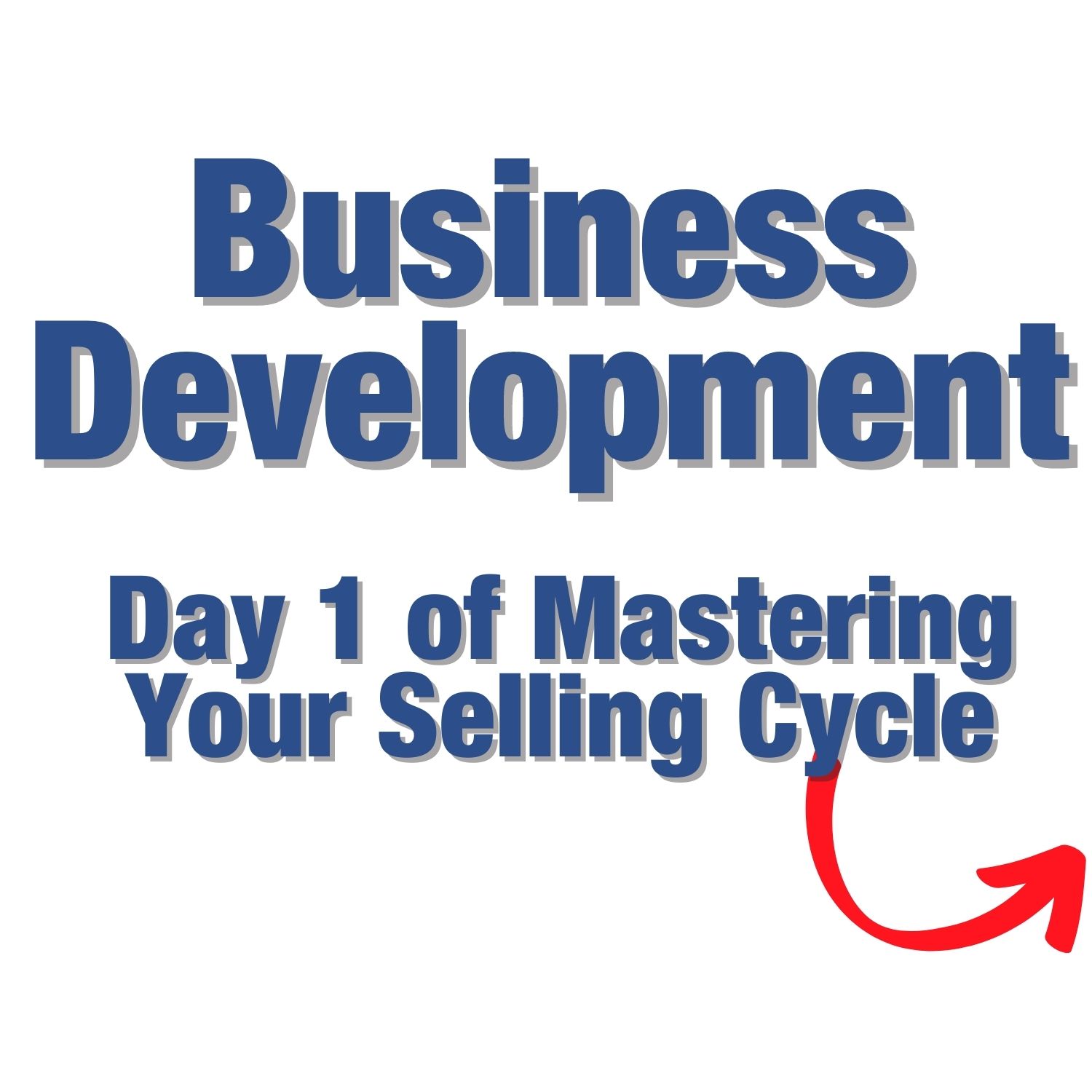Asking Questions – The Real Secret to Handling Client Objections
So how do you handle objections? Real simple, right? Somebody says your product is too expensive – what most people try to do, they say: “Well, it’s not that expensive and blah, blah, blah, blah.” The old rule of thumb is to remember this…that the person that asks the question is always in control. So, what do you do?
The first thing is you acknowledge. Say: “Thank you. I appreciate what you’re saying.” Why? Because you create a point of agreement before you handle the objection. It’s kind of like a bullfighter – you don’t take the bull head on, you let them go by one time.
Instead, say: “Hey, thank you. I appreciate what you’re saying.” And then, you ask a question like, “So, why do you think it’s too expensive?” or “What are you comparing it to?” or “What’s your budget?” Whatever. A question, question, question. The big trap in objection handling is not to answer the objection right away. You need to ask a series of intelligent questions to get to the truth, because a lot of times the first objection is not the real objection anyway.

11 Ways to Re-program Your Brain for Ultimate Confidence
Whether you are looking for a raise from your boss or closing a deal…the most important sale is YOU selling YOU to YOU. Learn 11 unconventional and powerful ways to eliminate self-doubt and cool strategies to handle any objection.


